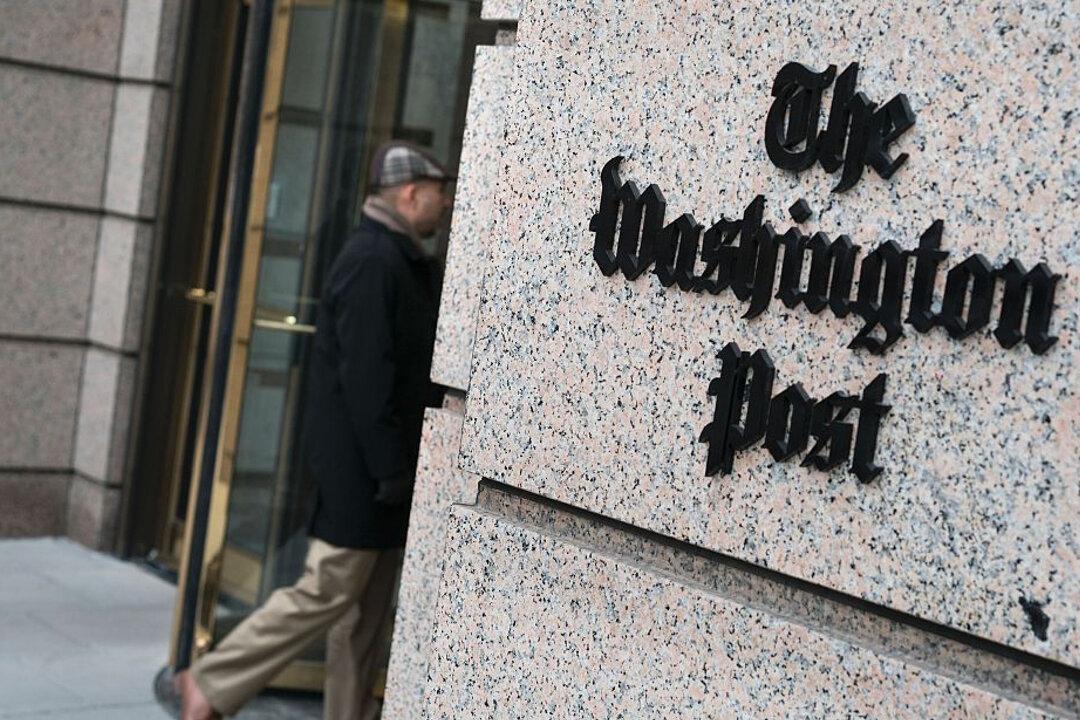The Washington Post in a recent correction revealed it printed falsified quotes attributed to former President Donald Trump.
In a March 11 update to a story originally published in January, the paper acknowledged its story featured quotes that weren’t actually said by Trump during a December 2020 conversation with an investigator working from Georgia Secretary of State Brad Raffensperger’s office. A recording of the phone call was recently released. (See embedded file below.)





